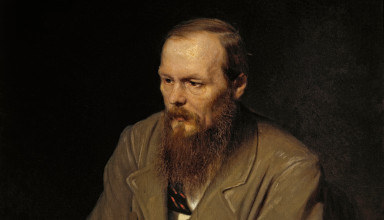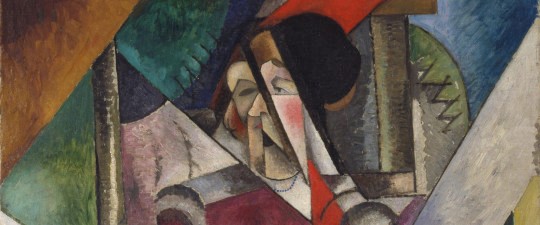Aldous Huxley? Katharine Whitehorn? Edgar Wallace? Anonymous?

Question for Quote Investigator: A widely reported psychological study asserted that people experienced erotic thoughts many times a day on average. Intellectuals, according to a comical definition, are able to free their minds sufficiently from carnal pursuits to consider other subjects of superior interest. The well-known author of “Brave New World”, Aldous Huxley, made a quip of this type. Would you please explore this topic?
Reply from Quote Investigator: The earliest close match located by QI appeared in “The Observer” newspaper of London in 1968. The influential columnist Katharine Whitehorn attributed the remark to Aldous Huxley. Boldface added to excerpts by QI:1
You can attack synthetic sex or premature sex or mass-media sex; but if anyone made a remark like Huxley’s ‘An intellectual is someone who has found something more interesting than sex’ it would nowadays be taken automatically as a defence.
This ascription occurred after Huxley’s death in 1963, and no evidence has yet emerged that Huxley actually made this remark. QI conjectures that this quip evolved from a comment made by thriller writer Edgar Wallace during an interview with “The New York Times” in January 1932:2
“The highbrows tell me that my writing is not literature, and I retort that literature is too often unintelligible. What is a highbrow? He is a man who has found something more interesting than women. When I get that way I’ll stop writing and take to art.
The phrase “found something more interesting than” was shared between the two remarks. In addition, similar comments have been made using the terms “highbrow”, “egghead”, and “intellectual”. The joke evolved from a stance of gynephilia in 1932 toward a general stance in 1968. Whitehorn may have misremembered Wallace’s quotation. Alternatively, she heard and repeated a transformed remark already in circulation.
Below are additional selected citations in chronological order.
Continue reading “Quote Origin: An Intellectual Is Someone Who Has Found Something More Interesting Than Sex”







